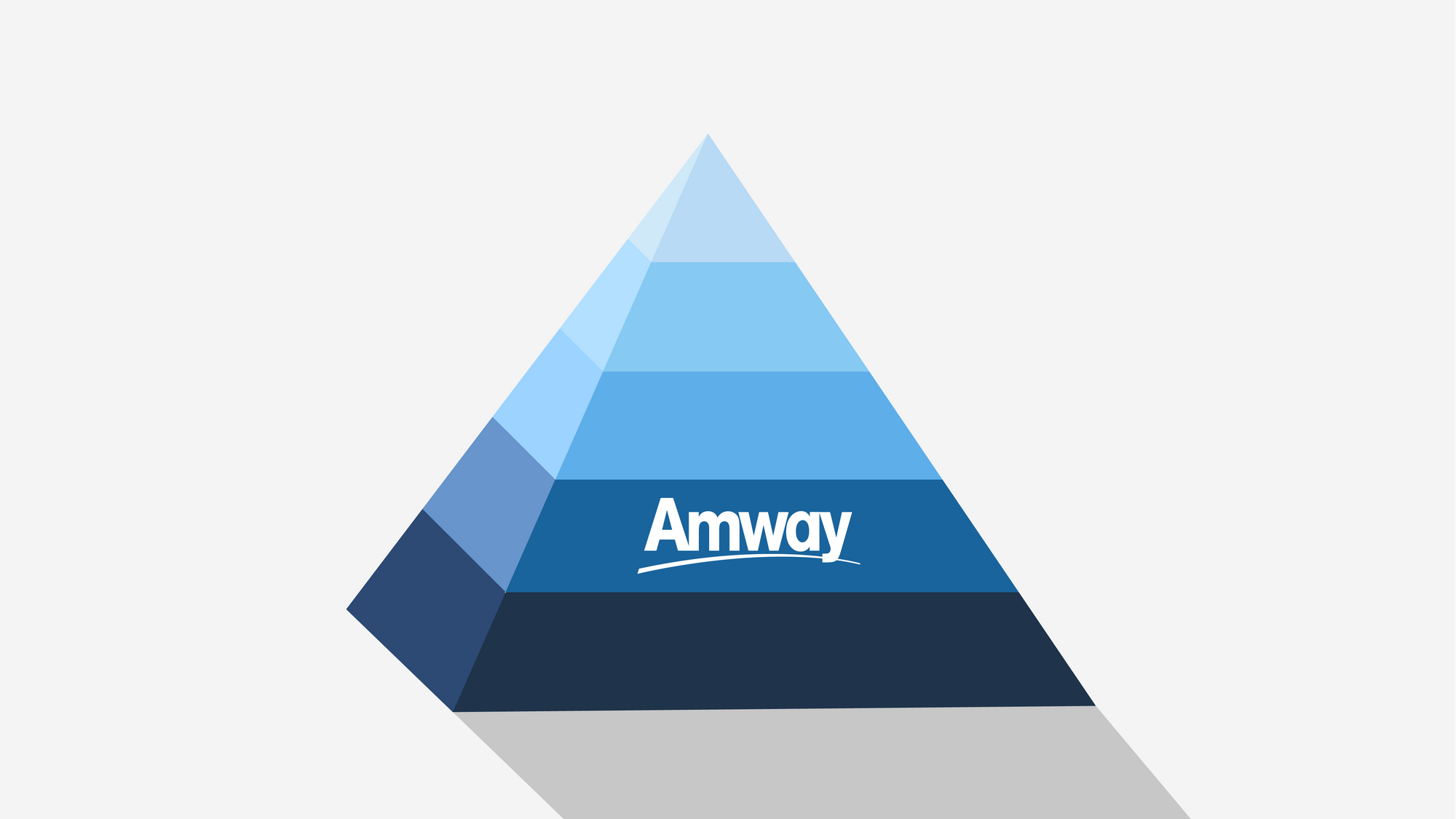In today's Finshots we talk about Amway and see why ED is investigating the company
The Story
You’ve probably seen it in the news already. The Enforcement Directorate (ED) has provisionally attached 750 crores worth of assets belonging to Amway India.
Yes, Amway. A company that primarily sells beauty and wellness products. If you know them, you know them. If you don’t, well, there’s a reason why you probably haven’t heard of them so far.
See, you usually don’t find their products in your neighbourhood Kirana stores. Because more often than not, their products are exclusively distributed through a network of maybe 4 million “members” in over 100 countries.
A network that looks like a pyramid, but one that’s often touted as a multi-level marketing scheme.
And they’re all built the same way — on a recruitment program that looks something like this.
- First, you’ll have an old acquaintance, a friend or a distant relative text you or bump into you out of the blue.
- They’ll make small talk first and maybe push you to meet with this one individual. An individual who could change your life.
- They’ll set up a meeting in an upscale restaurant or a Starbucks.
- And if you go through with it, you’ll meet a sweet-talking executive who’ll tell you how you could be your own boss.
- They’ll bombard you with examples of millionaires who’ve all made it in life
- And they’ll tell you that if you want to be just like them, you’ll have to make a small investment. Buy this suite of products you don’t need, become a member and build your own team
- They will then work for you by recruiting more people into the fold and selling even more products.
- It’ll seem like a once in a lifetime opportunity. And if you sign on it, and make that investment, congratulations, you’re now a direct selling agent or an insignificant node in a large pyramid-like scheme (depending on who you ask)
Well, anyway many people have alleged that Amway runs a similar program that only benefits a select few at the top. And now, with the ED action, it seems there’s more credence to these allegations. In fact, they said so themselves in a press release
A money-laundering investigation by the ED revealed that Amway is running a pyramid fraud in the guise of direct selling multi-level marketing network. It is observed that the prices of most of the products offered by the company are exorbitant as compared to the alternative popular products of reputed manufacturers available in the open market. Without knowing the real facts, the common gullible public is induced to join as members of the company and purchase products at exorbitant prices and are thus losing their hard earned money. The new members are not buying the products to use them, but to become rich by becoming members as showcased by the upline members.
But Amway’s troubles didn’t begin recently. Back in the 1970s, the US Federal Trade Commission (FTC) initiated a formal investigation into the company’s business practices. However, after a thorough review, a judge ruled in favour of Amway citing that the company hadn’t violated any known US laws.
Although Amway did incentivize the direct selling agents to enrol new participants, they found that “members” often sold 70% of their stock in a month, to more than 10 customers. This was proof that members weren’t hoarding these products. They were retailing them. It was seen as a legitimate enterprise with an explicit focus on “selling” rather than recruiting new agents.
So they got away with it.
In India meanwhile, Amway has been in the crosshairs of both the Andhra Pradesh government and the Kerala government. Back in 2008, officials in the undivided state of Andhra Pradesh accused Amway of running a pyramid scheme and banned it from all advertising. In 2013, the Kerala police even arrested Amway India’s CEO for financial fraud. Since then there have been many complaints on multiple forums about Amway’s business model.
But not much has come out of it except this one thing. In 2021 the government drafted new rules to make direct selling companies more accountable. Here’s a point from India’s Consumer Protection (Direct Selling) Rules, 2021:
“Direct selling entity and a direct seller shall not induce consumers to make a purchase based upon the representation that they can reduce or recover the price by referring prospective customers to the direct sellers for similar purchases.”
At the time, the notification didn’t generate a lot of chatter. But now everybody’s looking at it and going — “Wow, this just puts the Amway business model in a lurch.”
Because if there’s one thing that members will tell you, it’s that multi-level marketing companies often recruit people by explaining how easy it is to recover their “investment” by just getting a few extra folks on board. The focus is rarely on the “product.” Instead, most of the conversation revolves around making big money by building a “team” that could sell even more products.
So is the Enforcement Directorate going after Amway by enforcing these new rules?
Well unlikely. ED has been talking about money laundering — something that isn’t included in the Direct Selling Rules. Amway for its part has claimed that the action is regarding an investigation dating back to 2011 and that they’re fully cooperating with the authorities. So yeah, we will have to wait and see if this will have any serious implications for Amway and its ilk.
But until then…
Tell us about your experience with MLM companies. We will retweet the most interesting comments.
And like always, don't forget to share this article on WhatsApp, Twitter and LinkedIn
